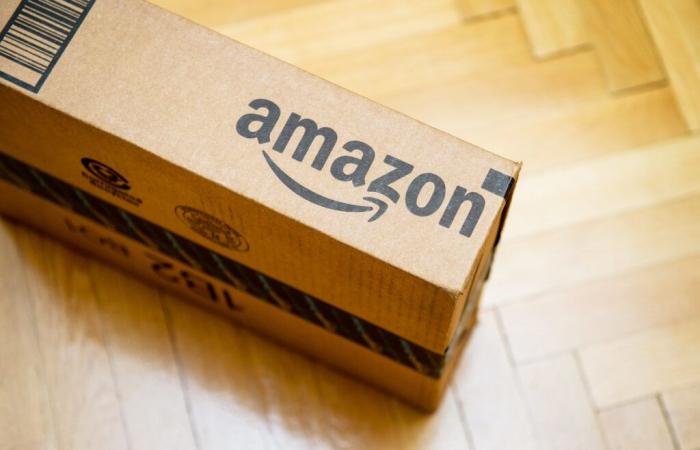The challenge of cultural sovereignty
We hear a lot about economic, food, health and ecological sovereignty. There is an area that is too rarely mentioned, and yet dangerously threatened today: that of culture, and particularly books.
We are lucky to live in a country with the densest network of bookstores in the world. This is proof of the relevance and effectiveness of the Lang law of 1981, which guarantees the same price for books, on the internet as in bookstores, in a large metropolis as in the most remote village. This regulation aims to ensure the equality of citizens in relation to books, the maintenance of a very dense distribution network and support for pluralism in creation and publishing. It is the sustainability of this virtuous law that is truly in question today.
Indeed, the balance found by the law on the single price, repeatedly copied from our European neighbors, was undermined at the start of the 2000s by the emergence on the market of extra-European digital giants who used the book as a flagship product to capture market share, and offered a terribly attractive customer promise, but economically expensive, ecologically disastrous, and above all, impossible to duplicate for the smallest actors.
Twice, the legislator attempted to correct the growing distortion of competition between physical booksellers and online sellers, between small players and giants, that this “dumping” policy generated. First in 2014, with the ban on free home shipping of books. Failure. Amazon rushed, while the ink on the law was not yet dry, to set its delivery costs at 1 euro cent…
Naturally, the practice of the digital market leader immediately and very effectively emptied the law of its substance. Seven years later, the legislator learned the lessons of this setback, and this time decided to combine the ban on free shipping of books with a pricing scale of minimum fees corresponding to the rate in force for the majority of other books. products, by providing an exemption for orders collected from book retail businesses, with the aim of supporting the latter for the role they play in our territories.
Amazon virulently fought this “Darcos law”, an adjustment of the Lang law which, despite everything, was adopted unanimously by both chambers, after a vast public debate.
Without even waiting for the fate of its own legal actions against this Darcos law which it is obviously entitled to contest, Amazon today arrogates to itself the power to interpret the law for its own benefit and to trample underfoot the law passed. by the sovereign Parliament.
One year after the provision came into force, the announcement of the massive use of collection points, mainly yellow lockers, located in hypermarket shopping malls and which will allow customers to collect their orders free of charge , strikingly accredits the idea that Amazon has of itself: an all-powerful giant, the fifth largest company in the world with a valuation of 2,000 billion dollars, which considers itself above the will of the French legislator, who had nevertheless expressly, in parliamentary debates, excluded these famous traps from the scope of exemptions.
No need for legal quibbles to understand that an ordinary locker, even if installed in the shopping arcade of a hypermarket which very often has a micro-book section, is obviously not a book retail business. .
No need for decoding either to understand what Amazon is doing: continuing its strategy of predation, which consists of unraveling all the provisions that obstruct the extension of its empire; behaving like a “cowboy” who happily tramples, with complete impunity, the vote of elected officials, who had clearly expressed their desire to preserve a diverse cultural model anchored in the territories.
READ – Amazon and book shipping costs: the Mediator's analysis expected in January
These methods are not simply the work of an American company that likes to play by the rules and which has established its European headquarters in Luxembourg to avoid paying taxes.
It is an authentic cultural battle that is being played out before our eyes and we expect the authorities to immediately put an end to this disturbance of cultural public order.
It is a sovereignty issue for our country to enforce a law which, moreover, for a year, has demonstrated its effectiveness. Because, contrary to what the studies conveniently commissioned by Amazon claim, the book market is stable, in volume and value. But it is true that book shipments have decreased in favor of visits to bookstores, a more virtuous practice for our territories, for social ties and for the ecology. The balance between distribution channels has evolved significantly, to the disadvantage of online sales players and in favor of physical and independent bookstores. Which was precisely the aim of the law. Bad loser, Amazon?
Alexandra Charroin Spangenberg, President of the French Bookstore Union
Pierre Coursières, President of the Union of Cultural Leisure Distributors
Enrique Martinez, Managing Director of Fnac Darty
Photographie : illustration, Province of British Columbia, CC BY-NC-ND 2.0
By Guest Author
Contact : [email protected]






